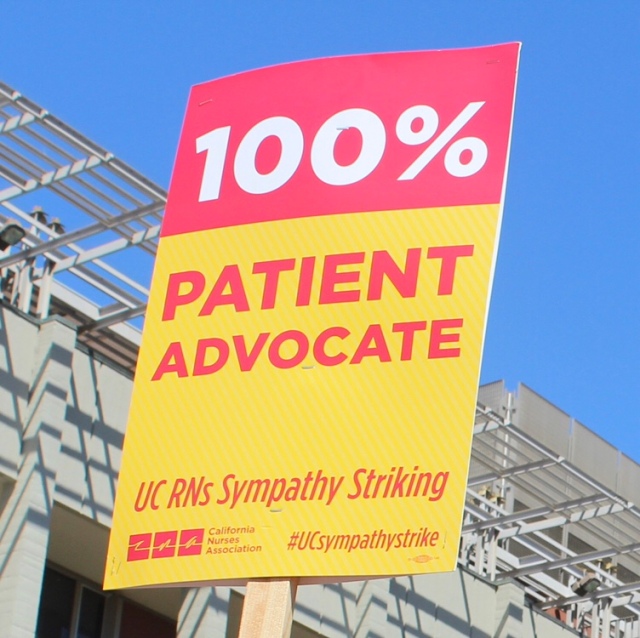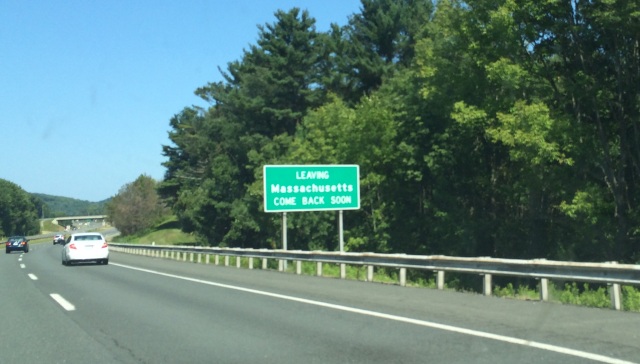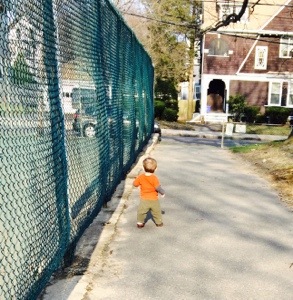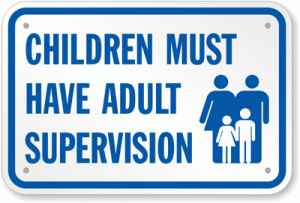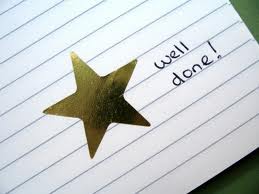“Mommy, what happened to this girl?”
I turn around to see my 7-year-old daughter sitting on the floor with the latest issue of Rolling Stone. In less than 30 seconds, she’s managed to flip from an innocuous cover featuring Dave Grohl’s uncontroversial face to the image of a girl, looking at the ground, her body covered in red handprints.
“Why is she sad?”
…
Do you remember where you were the first time you read the story about a University of Virginia student named Jackie? I do. I was sitting on the train, heading home from a long but mundane day at work. When the issue first showed up in the mail, I remember seeing something about “sexual assault” and “college” on the cover and thought, well, obviously, I’ll need to read that. I mean, it’s sort of one of my things.
But when I finally opened to the story later that day, I wasn’t expecting what happened next. I mean, besides nearly missing my stop.
Now, I work in a college health clinic. I’m one of the people that sexual assault survivors on a college campus might find themselves talking to, after. The fact that sexual assault is happening on our college campuses is not news to me.
But I don’t work in an emergency room. I don’t even work in the campus urgent care clinic. I’m the clinician you might see in a routine visit days, or weeks, or even months after it happened. When you finally muster up the courage to see a medical provider in the hopes that they can run a few tests and tell you that physically, at least, you’re okay.
What this means is that most of the time, before they even end up in my exam room, my patients have usually decided that they don’t want to file a formal report against their assailant.
When I first started working in college health, honoring this decision was hard for me to accept. Really hard. But prevailing wisdom won me over. We want survivors to feel comfortable coming forward to access all of our carefully planned support services, right? Wouldn’t mandated reporting and the specter of unsolicited disciplinary action serve to silence, to an unknown degree, those survivors who need help, but haven’t yet found the courage – and believe me, it takes serious courage – to enter into the unknown and very scary legal side of their already traumatic experience?
So instead, I would be a sympathetic ear. I would help them give a name to their experience, using the words “sexual assault” or “rape” if they hadn’t yet used it themselves. I would slowly and thoroughly walk them through all their options, from the medical side to the administrative side to the legal side. I would give them lists of phone numbers, or call them myself if they’d let me. I would tell them that, legally, I had to file a report (check out the Clery Act if you’re not already familiar with it), but that if they so chose, the report could remain anonymous.
The day after I read the UVA article for the first time, I found myself waking up in the middle of the night, unable to get back to sleep, unable get the story out of my head.
At first, I wasn’t entirely sure why. I mean, Jackie’s story is, without question, horrifying, and really hard to read. If you don’t find it affecting you in some way, well, no offense, but you’re probably kind of a bad person. Just saying.
But there was something else nagging at me about the story. And then I realized what it was.
That administrator that the author calls out, in no uncertain terms, for her – and by extension, her institution’s – inaction after Jackie came to her for help? The one that you, as a reader, find yourself condemning for being part of the system that fails to protect and seek justice for Jackie and other UVa survivors? The one that, for some reason, is seen by survivors as such an ally on campus?
I saw myself in that administrator.
Well, I mean, to a point. There are pretty strict confidentiality rules that limit what information medical providers are legally able to share with others. Even when it comes to discussing patient information with other university officials outside the clinic’s walls, signed consent on the part of the student is needed. But still. I bought into the spirit of the law here, not just the letter.
And then, a few months ago, I moved to another state. One of the only states in the country that mandates that health care providers make a formal report to local law enforcement (I’m talking the real deal, not the campus PD) every time they’re made aware of a “suspected violent injury”.
At first, I complained. All the native Californians I now work with, who never knew any differently, were a little baffled. Um, hello, it’s a crime, right? Shouldn’t we let the cops know? But this idea, that the best way to honor the survivor was to honor their wishes when it comes to reporting, was lodged in my brain.
And beyond the theoretical, I was afraid of what this would look like in real life. What about the patient who decided that morning that the most she was up for was a quick visit to the campus clinic to get STD testing? What would she say when her profoundly difficult – but clinically relevant and necessary – disclosure was met with the news that a full, non-anonymous report would be filed with the local police, with or without her consent? Would this idea of a mandated report deter survivors from accessing the care and services we might be able to provide?
And then, I started seeing patients. And guess what? So far? Not even remotely an issue, as it turns out. Every patient I’ve had to have this discussion with has completely, 100% understood. Even, almost, as if there’s a sense of relief in the decision being out of their hands. As if it clarifies the fact that it was, in fact, an actual crime that took place.
So that’s the me that read this article. The me that had already started to come full circle on the idea that initial university respondents to reports of sexual assault should be required to, at a minimum, formally report every act of suspected sexual assault to come to our attention to local law enforcement.
And that’s the me that found herself trying to figure out how to answer a first-grader’s simple question about a magazine article.
After giving some half-assed answer, shoving the Dave Grohl issue to the back of a tall dresser, and wrapping up bedtime posthaste (parenting fail, probably), I found myself thinking about the big girl my little girl will someday be, and the world she’ll be living in. Would I want the school staff tasked with keeping her safe and healthy to turn around and dump the decision of whether or not to report a potential crime back in her lap? Hell no. That’s their job.
If we, as university administrative and clinical staff, aren’t doing everything possible to protect the survivors, and ultimately, other students, under our care, then we’re not doing our job.
